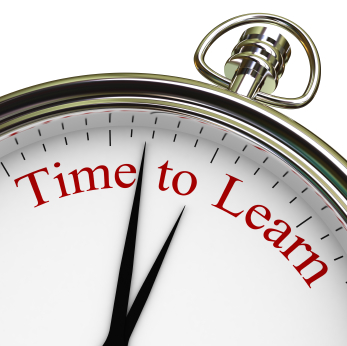A bit of Research: Music and Rhythm in CAPD
 Infants, before than can speak, are exposed to rhythmic sounds in the form of music and song. This research by Bergeson and Trehub (2006) shows that their little tiny ears and developing brains are already tuned just like an adult’s to hear the slightest changes in tempo, tone, and rhythm. They discuss the importance of the brain’s “internal clock” as it relates to how infants respond and move their bodies to music and other rhythms. IM providers who specialize in infant care and early intervention are reporting very good results when using the Interactive Metronome in the treatment of infants and young children who have developmental delays or disorders with improvements in the areas of: sensory processing, pre-speech/cognitive development, and motor skills. Case studies can be found at www.interactivemetronome.com
Infants, before than can speak, are exposed to rhythmic sounds in the form of music and song. This research by Bergeson and Trehub (2006) shows that their little tiny ears and developing brains are already tuned just like an adult’s to hear the slightest changes in tempo, tone, and rhythm. They discuss the importance of the brain’s “internal clock” as it relates to how infants respond and move their bodies to music and other rhythms. IM providers who specialize in infant care and early intervention are reporting very good results when using the Interactive Metronome in the treatment of infants and young children who have developmental delays or disorders with improvements in the areas of: sensory processing, pre-speech/cognitive development, and motor skills. Case studies can be found at www.interactivemetronome.com
Bergeson, T.R. and Trehub, S.E. (2006). Infants’ perception of rhythmic patterns. Music Perception, 23(4), 345-360.

 Are you looking for a gift for your child who is participating in IM sessions? Parents at our clinic ask me all the time what would be a good gift for their child. Something to enhance their therapy yet is fun. Below I’ve listed some games which can be found at the Wal-Mart, Target, Amazon or Toys R Us, so they are easy to find.
Are you looking for a gift for your child who is participating in IM sessions? Parents at our clinic ask me all the time what would be a good gift for their child. Something to enhance their therapy yet is fun. Below I’ve listed some games which can be found at the Wal-Mart, Target, Amazon or Toys R Us, so they are easy to find.